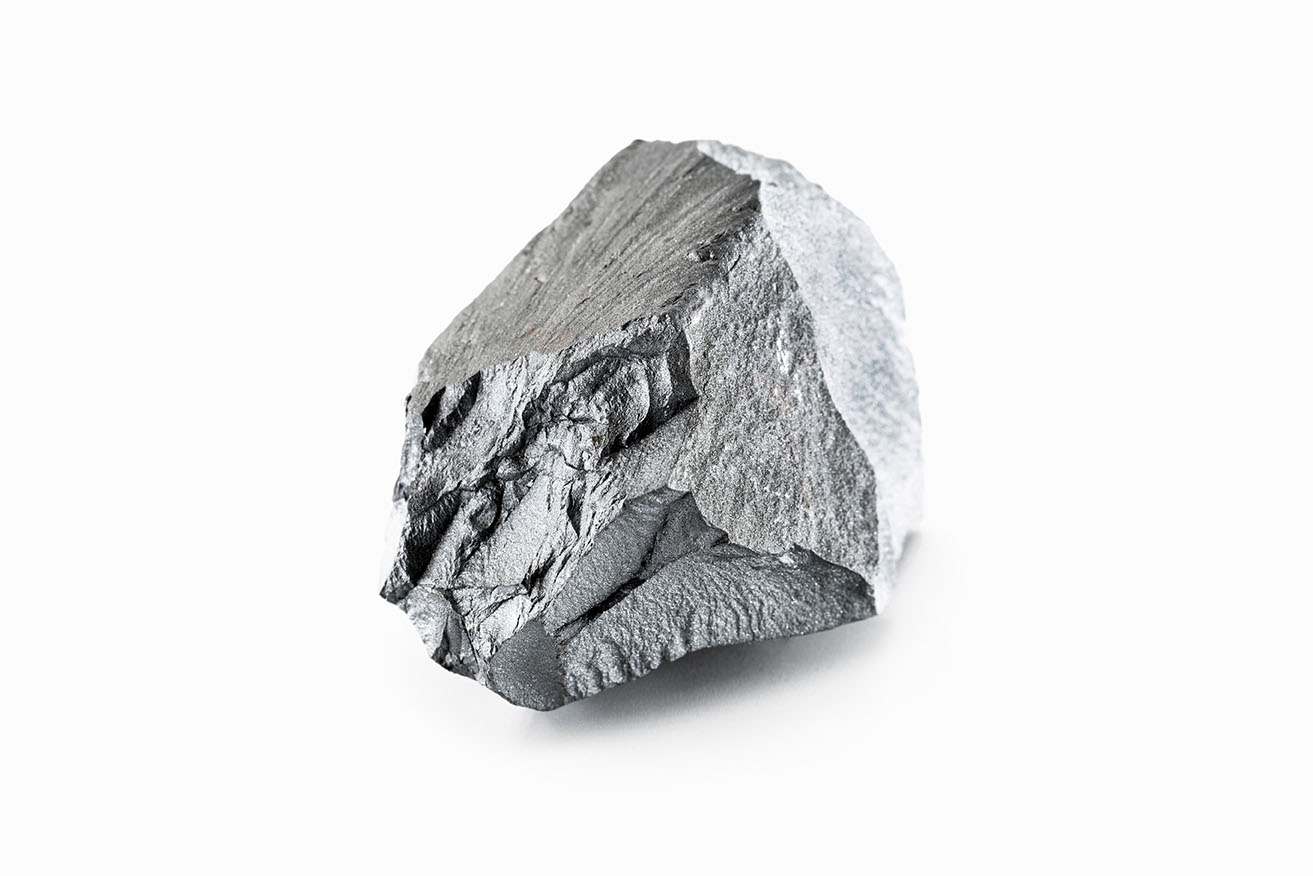
iron
Definition
Iron is a chemical element with the symbol Fe and atomic number 26. It is a transition metal that is abundant in nature. Iron is essential for human health. It is found in the blood, where it helps to transport oxygen throughout the body. It is also found in the muscles, where it helps to produce energy.
Iron deficiency is a major public health problem, especially in developing countries. It can lead to a condition called anaemia, which is a condition where the body does not have enough red blood cells. Anaemia can cause fatigue, shortness of breath, and pale skin.
Iron is found in many foods, including red meat, poultry, fish, eggs, and leafy green vegetables. It is also added to some cereals and breads. The recommended daily intake of iron for adults is 8 milligrams for women and 10 milligrams for men.
Iron is an important mineral that is essential for human health. It is important to get enough iron in your diet to prevent deficiency and its associated health problems.
How can the word be used?
The iron is strong and sturdy.

Different forms of the word
Noun:
- iron (the chemical element with the symbol Fe).
- iron (a solid metal with a high melting point and a strong magnetic field).
- iron (a tool used to smooth and flatten fabric).
iron (a type of mineral).
Adjective:
- iron (made of iron).
- iron (strong and sturdy).
- iron (inflexible and unyielding).
Verb:
- iron (to smooth and flatten fabric with an iron).
- iron (to strengthen or fortify).
- iron (to make something more rigid or inflexible).
Etymology
The word "iron" comes from the Old English word "īsern", which is related to the Old Norse word "járn" and the German word "Eisen". All of these words are ultimately derived from the Proto-Germanic word īsarn, which means "iron".
Question
What can be made from iron?
AQA Science Exam Question and Answer
Question:
Explain the significance of iron in the human body, focusing on its role in oxygen transport and its importance for overall health. Discuss the consequences of iron deficiency and the sources of dietary iron that are essential for maintaining proper bodily functions.
Answer:
- Iron is a vital mineral with a crucial role in the human body, particularly in the process of oxygen transport. Haemoglobin, a protein found in red blood cells, binds to oxygen in the lungs and carries it to tissues throughout the body. Iron is a key component of haemoglobin, enabling it to effectively pick up and release oxygen.
- Iron also plays a role in energy production and immune system function. It is involved in various enzymatic reactions that contribute to cellular processes, growth, and immune response.
- Iron deficiency can lead to anaemia, a condition characterized by a reduced ability of blood to carry oxygen. This can result in fatigue, weakness, and impaired cognitive function. In severe cases, iron deficiency anaemia can impact overall health and quality of life.
- To maintain proper bodily functions, it is essential to consume an adequate amount of dietary iron. There are two types of dietary iron: heme iron, found in animal sources like red meat and poultry, and non-heme iron, found in plant-based foods like beans, lentils, and fortified cereals. Consuming vitamin C-rich foods alongside non-heme iron sources can enhance iron absorption.
In summary, iron is crucial for oxygen transport, energy production, and immune function. Its deficiency can lead to anaemia and other health complications. Ensuring a balanced diet that includes both heme and non-heme iron sources is key to maintaining proper bodily functions and overall well-being.